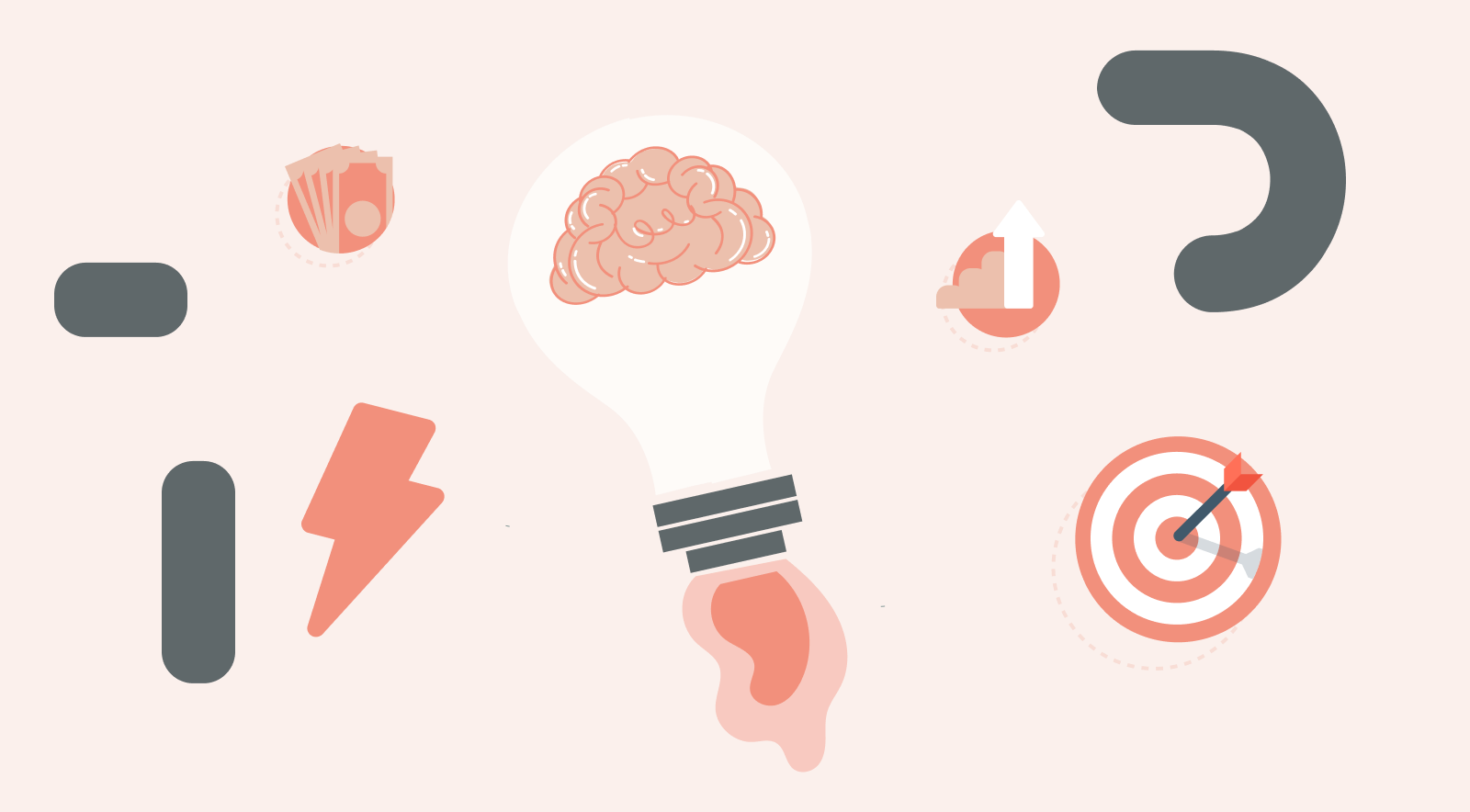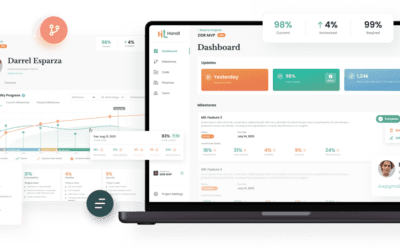Here’s a hard truth: not everyone is cut out to found a startup.
To truly make it, you need something different. And in my estimation, that something different is what I call a founder’s mindset. I’ve seen it play a huge role in whether a startup becomes the winner or one of those eleven failures.

The reason is, you can find money through investment. You can build the smartest business plan. And you can find more time and skills through hiring. But you can’t buy or manufacture an emotional driver; a purpose you’re dedicated to seeing through.
I believe, as a founder, you don’t succeed without a drive, bravery and willingness to put your balls on the line, put your money where your mouth is, and put your ego out there.
If you don’t have that drive, you’ll crumble at the first hurdle. Because startups are all about climbing hurdles. One morning you wake up with a 10-millimetre hurdle to get over and as soon as you get over it a new two-meter one slaps you in the face. These are the highs and lows of taking a business idea through ideation, product development, distribution, and getting your first customer.
And more than anything, it’s an emotional drive that’ll help you sleep at night, wake up happy, and keep you dedicated to building a business that succeeds for you and your customer.
But beware, that drive can also betray you. It’ll make you want to control everything and be a part of every small decision. That’s why it’s crucial you understand your strengths and weaknesses.
Are you the sales guy? A systems thinker? A motivational leader? A great project manager? A strategic marketer?
Equally important, what aren’t you? Play to your strengths and ask help for everything else.
You need to be honest and objective here and spend serious time on it because it’ll help you determine where your focus should be and where you need help. (It’s also useful to get others to answer these questions too.)
In the next edition, I’ll look at how early partnerships help distribution down the line.




